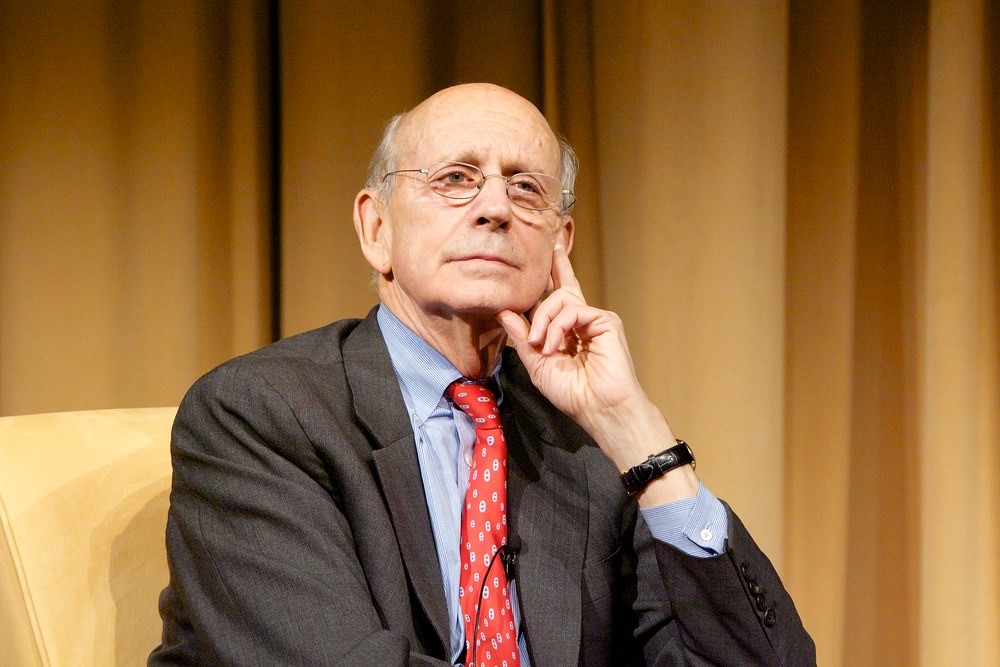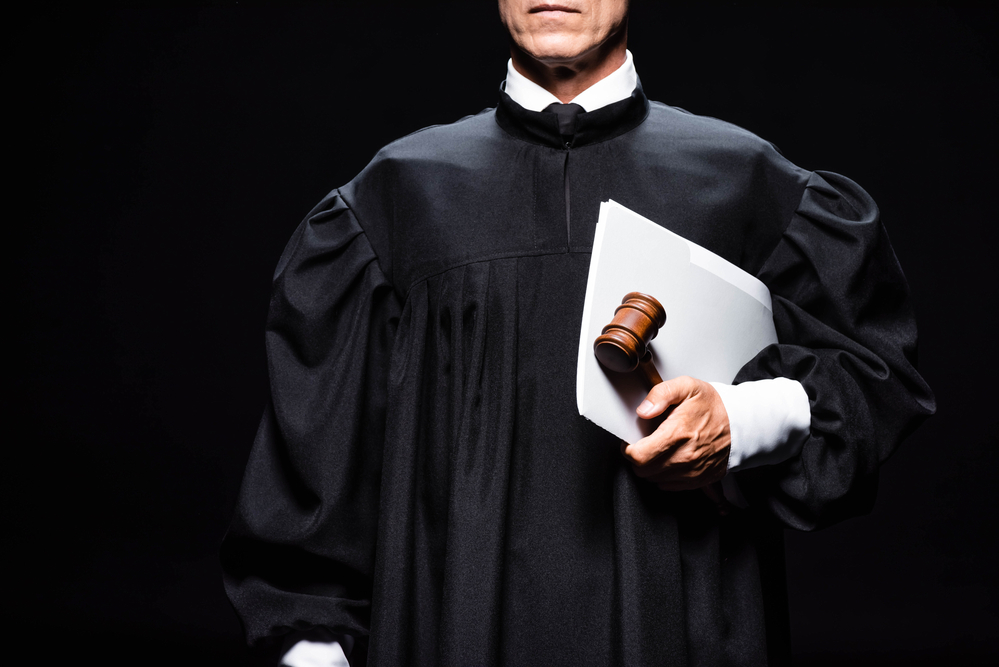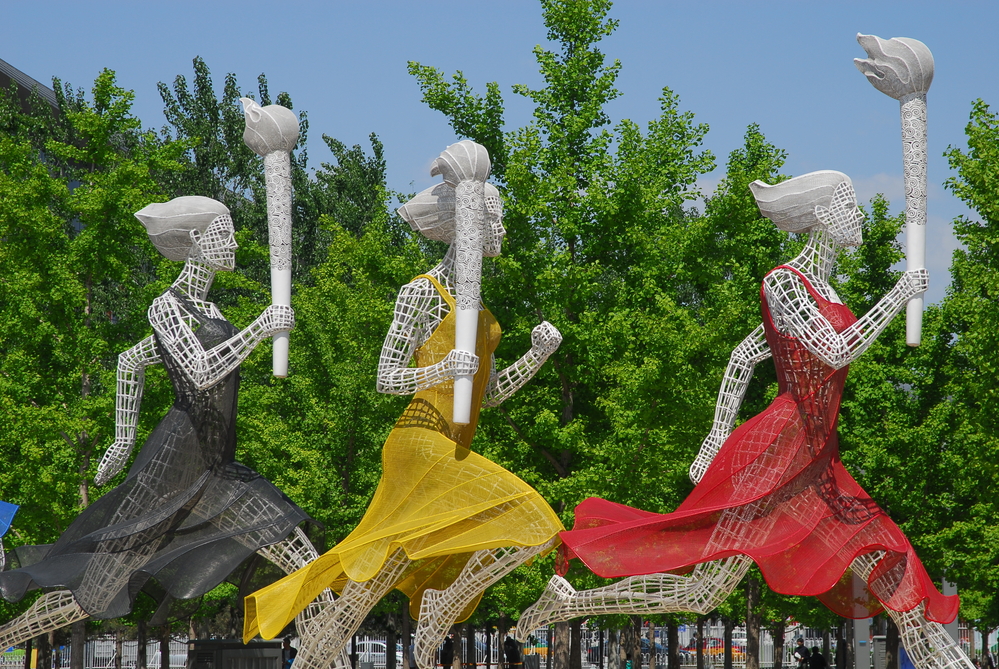In a recent, engaging Prindle Post piece, Ben Rossi comes down decisively against the idea that academics should be activists. I disagree. Or, at least, I think trying to avoid being labeled an “activist” is a waste of time.
I don’t think this statement is very controversial: “Academics have a right, and sometimes an obligation, to share their knowledge, expertise, and research with the public where it’s relevant – even on controversial and divisive political issues.” Compare that to this (which I take to be Rossi’s position): “Academics should not be activists, particularly in areas directly relevant to their specialty, because it will undermine their objectivity and credibility.” These can’t both be right, can they?
Think about the differences between these academics. Catherine Mackinnon was a professor who pioneered the claim that sexual harassment is a form of sex discrimination and, as a lawyer, argued cases that led to a lot of new law in that area. Many economists move back and forth between being professors, working at influential think-tanks, and having powerful, agenda-shaping, government positions. Conservative economists, like Ben Bernake, work at conservative think-tanks and for Republican presidents. Liberal economists, like Janet Yellen, work for liberal think-tanks and Democratic presidents. Philosophy professors – from Jeremy Bentham to Jeff McMahan – have been at the forefront of a social movement, Animal Liberation, to use the title of professor Peter Singer’s popular book (with half a million copies in print), bringing attention to the idea that killing and eating animals capable of experiencing pleasure and pain is morally problematic.
Which of these academics are “activists” and which are doing what Rossi endorses and calls “public outreach”? “The line between public outreach and campaigning is admittedly a blurry one,” he says, “but not to the extent of rendering the distinction meaningless.” I disagree. These examples suggest to me that the distinction is, in fact, meaningless. Or, at least, that it means something different from what Rossi implies. “Activists,” it seems to me, are people pursuing goals of which you do not approve, while people pursuing goals you commend are simply doing public outreach. The point of trying to draw this line between activism and outreach, I would argue, is to turn controversial moral and political disputes into (supposedly) less controversial professional or pedagogical ones.
However, pushing the claim that “activists” are not as objective as nonactivists is essentially a way of trying to get “activists” to not take their own side in an argument. Asking them to avoid active engagement and conceal their hard-earned knowledge is not only unfair, it’s unhelpful as a model of objectivity. Objectivity is about aspiring to have defensible views based on reasons and empirical evidence, not on having no views at all or concealing your views. Nor does objectivity have anything to do with how firmly you hold a particular belief. The undecided or waffling are not prima facie more objective than the firmly committed. Look at the evidence on undecided voters: they are the least well-informed and the least-interested part of the electorate.
Consider as another example the charge of judicial “activism.” Conservatives complained for a long time that the judges who made the civil rights revolution happen, by explicitly recognizing rights less enshrined previously, were “activist judges” – that is, bad judges – with insufficient respect for previous legal findings. Now that conservatives have a majority, many liberals argue that conservatives are activists – that is, bad judges with no respect for previous legal findings. I think this suggests that the accusation of judicial “activism” is an empty rhetorical gesture. By labeling others “activists,” we’re really just saying “I am against what they are for.”
What about teaching? In introductory undergraduate courses, it’s certainly important to focus on presenting a balanced approach without excessively privileging your own views. But this only goes so far. First, because, as teachers, we must implicitly operate (for lack of a better phrase) in the realm of the reasonable – within the space of positions and reasons generally recognized by professionals in our fields. So, we are already not “objective” from the get-go about all kinds of things. When teaching political philosophy, for example, I never present slave-holding as a live option worth discussing the pros and cons of – even though there are more slaves in the world today than there were before the Civil War.
Second, in my experiences with both law school courses and less introductory undergraduate philosophy classes, disguising your own views is nearly impossible – and pointless. In any high-level discussion in the fields I know, the views of the participants will emerge if the discussion is detailed enough or goes on long enough. I don’t know what to make of the suggestion that maybe this shouldn’t happen. If someone asks my expert opinion on a topic, why should I only present them with the most prominent positions that other people take and withhold my opinion of which position I believe is correct? That seems like intellectual malpractice to me. And in my experience, as both student and teacher, taking a position is just part of pedagogy. (I once supervised a Master’s thesis the author of which used the following jokey subtitle right up to the final draft: “Why Tim Sommers is so Very, Very Wrong about Communitarianism.”)
Further, I worry that sometimes the suggestion that someone is not objective or credible because of the positions they take, or defend vigorously, on an issue is just a condescending way of disagreeing with them. There’s no neutral position from which to disagree with someone in a somehow more objective way than how they disagree with you. If you think that someone is too passionate or too loud in support of their positions, well, that’s just your opinion. You can express that opinion by calling them activists if you’d like, but that doesn’t earn the other side of the argument any extra points.
Rossi writes, “The defining purpose of academic institutions is to generate, and then to transmit, knowledge.” But we deprive ourselves of the knowledge and opinions of some of the best-informed people in our society when we insist that academics not advocate too forcefully for the positions they think they are most right about. Rossi thinks that the answer is that there’s a clear, principled line between activism and advocacy that we should avoid crossing. I don’t. I say transmit knowledge. Be active. Act on what you know.







